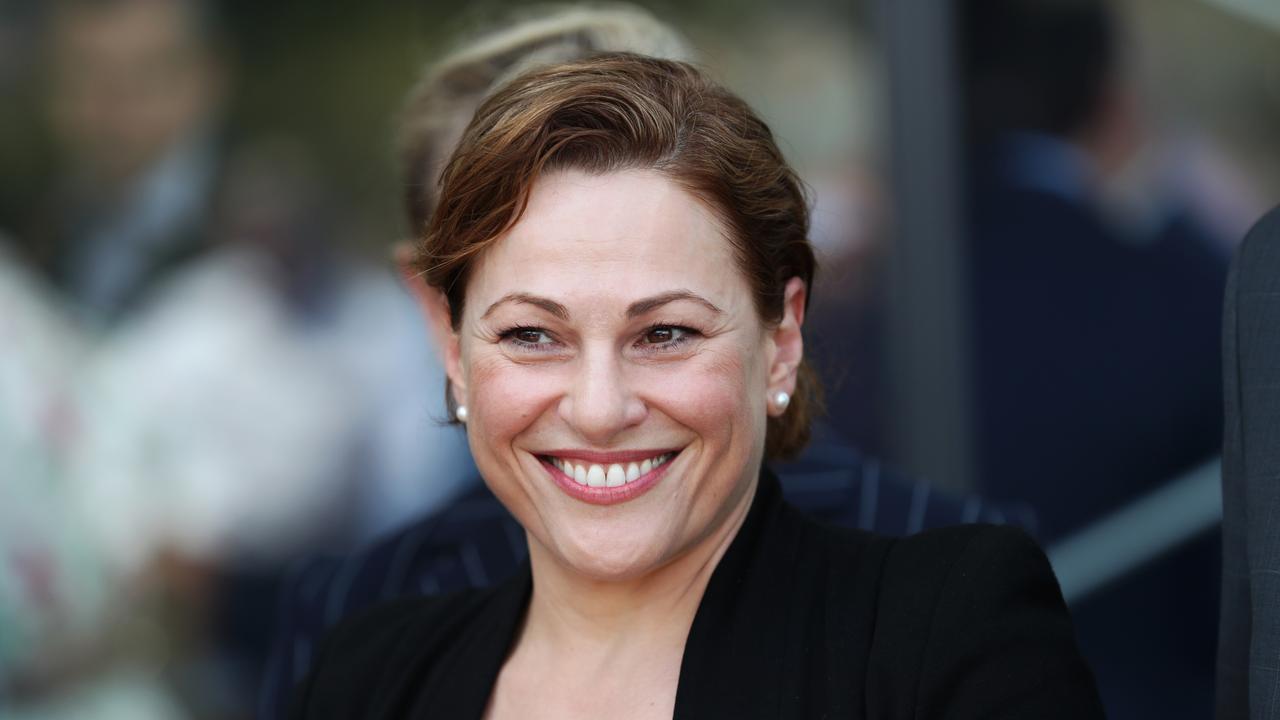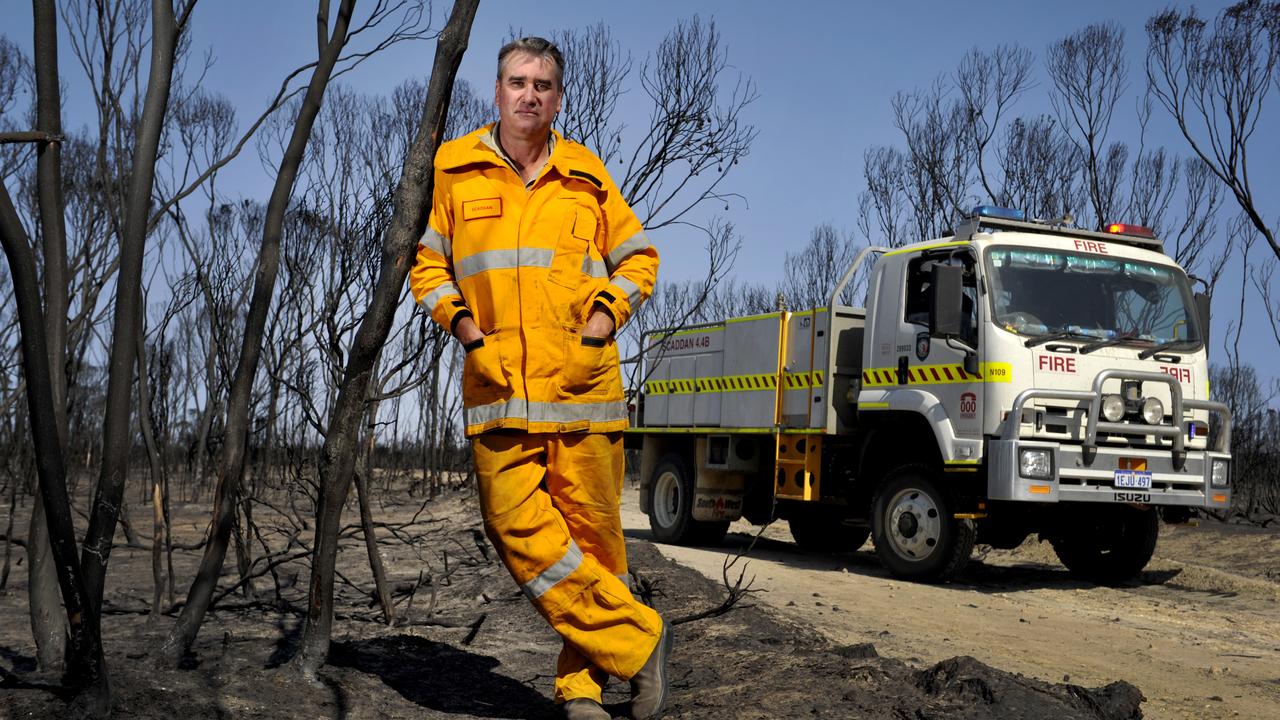Today in Victoria: Port sale win for Andrews; Conroy still a presence; the Gillard legacy
Daniel Andrews enjoys his best day in two years; Stephen Conroy exits ... sort of; The Gillard legacy.

The near $10 billion lease of the Port of Melbourne to the Lonsdale Consortium, which includes the Queensland Investment Corporation, is arguably the best day for the Andrews government since it was elected nearly two years ago.
It is vastly above initial estimates of $6bn and provides the government with an even bigger war chest for the 2018 election campaign.
The government is hoping for a significant bonus via Canberra’s asset recycling initiative, which will simply add cream to the port cake.
Daniel Andrews needed this good news; his government needed the strong result.
Most importantly, his marginal seat MPs needed something to sell to an electorate deeply underwhelmed by the sclerotic government’s performance.
Andrews got ahead of the Coalition on the sale and his support for it adds another layer of peculiarity to his brand.
A rolled gold Leftie who threw away $1bn on the East West Link and jumped into the sack with the radical firefighters’ union now has the biggest privatisation deal
under his belt since the Kennett government.
The Andrews government, as strange as it has been, is not nearly as bad as some of its critics would suggest.
The asset sale will enable the government to further progress its $6bn grade separation strategy and to tip money into the $12bn metro rail project.
These are good things.
On top of it, Labor is still likely to borrow even more in a low interest rate climate to do even more.
This creates an interesting conundrum for the Coalition.
If the Coalition wins the next election _ which it may well _ there will be so much infrastructure work in the pipeline that it will be limited in what it can do, both on a price factor and
a capacity factor.
There is only so much that can be done at one point in time.
However, it would be foolish for Labor to let the hubris kick in.
Denis Napthine’s last budget was a huge spender, but it was to no avail. The punters had made up their minds.
The difference here is that more than two years out from an election, Labor has plenty of time to turn around the ship.
In the big picture of jobs, growth, infrastructure and livability, Labor’s self-inflicted political carnage matters but not as much as securing the state’s future.
Conroy leaves ... kind of
The Clash’s Should I Stay or Should I Go may well have been playing in Labor powerbroker Stephen Conroy’s Melbourne home in recent weeks.

Today in Victoria’s best read is that Conroy will remain active in the Right in his home state.
The extent to which he will be able to continue as the numero uno numbers man is the contested point.
Central to Conroy’s influence will be where and how the Transport Workers Union evolves.
Conroy’s strength, however, has not been in the numbers on the floor of the ALP conference.
Rather, his uncanny ability to stitch up agreements with rival warlords, including the Socialist Left’s Kim Carr.
Even his most venomous opponents accept that Conroy has been, in an organisational sense, an awesome political talent.
What it means for Daniel Andrews
The tea leaves are being read on what the Conroy departure means for the Premier.
The answer in the short term is not much.
While Conroy remains supportive of Andrews, there are members of the Right who just can’t stand the Premier.
Add to them the disaffected around former ministers Garrett and Somyurek and you still only get a too small number of people prepared to tip him out.
Even if they could overcome the clunky party rules that make it extremely hard to neck a sitting Premier.
“It’s not that we like what Andrews is doing,’’ said one senior Labor MP. “It’s just we don’t have the appetite to kill the government.’’
The Gillard legacy
Maybe this has something to do with the Rudd-Gillard-Rudd-Abbott-Turnbull legacy.
Gillard wasn’t much chop politically, but the Victorian party will take a generation to heal after Gillard was necked from within.
Remember that Bill Shorten was at the centre of the Rudd necking, the Gillard necking and then the Rudd elevation at the death knock.
Political thrill killings make for good newspaper copy and that’s about it, although thank goodness Rudd and Gillard have moved on.





To join the conversation, please log in. Don't have an account? Register
Join the conversation, you are commenting as Logout